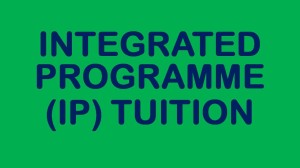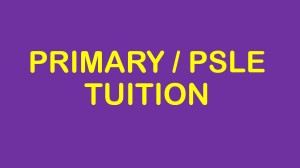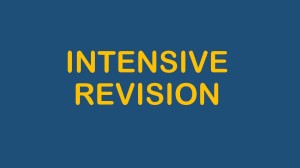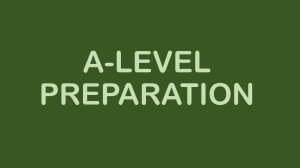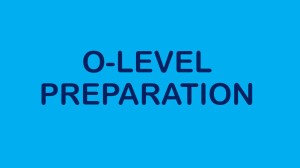Today, I asked them a few questions to improve their conceptual understanding of electricity:
(1) What is the difference between e.m.f and potential difference?
(2) What is the difference between resistance and resistivity?
(3) How do you derive the unit for resistivity?
(4) Why does the resistance of a metallic conductor increase when its temperature increases?
(5) Why is the ammeter connected in series to a resistor but the voltmeter is connected in parallel?
Some points to note:
(1) Resistance is NOT the gradient of the V-I graph.
(2) The I-V and V-I graphs of a conductor may be different and you’ll need to understand why and explain the difference.
Rgds,
Ilyasa, M.Ed, PGDE, ex-MOE Math and Physics teacher (hp: 97860411)
=============================================================
For our latest timetable, click here => 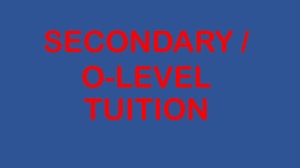
Sec 4 A. Math Reflections 26/01/13 – Quotient Rule
I introduced Quotient Rule to the class last week so today we continued with it. Quotient Rule is actually very easy to use and should not be replaced by the Product Rule, even though it’s very convenient for students to write a fraction as a product of two terms.
What students find difficult is in simplifying the resulting expression, which often consists of fractions within fractions, with some terms having a square root sign over it. Of course there is a ‘trick’ to get the factorisation done quickly and correctly, but it’s too cumbersome for me to demonstrate here. More importantly, this difficulty that students often face highlights the point that I’ve posted earlier, that Sec 1 and Sec 2 Algebra is VERY IMPORTANT.
For the next lesson, I’ll be going into the Second Derivative as well as Application of Differentiation to curves, tangents and normal. We may be covering the Chain Rule if we have time.
Rgds,
Ilyasa, M.Ed, PGDE, ex-MOE Math and Physics teacher (hp: 97860411)
=============================================================
For our latest timetable, click here => 
=============================================================
Integrated Programme (IP) students taking O-levels as private candidates …
Yes, as a professional teacher and tutor, I would encourage it. For two good reasons: (1) to have an internationally recognised secondary education certificate (at least a certificate beyond the PSLE; else it can be quite embarrassing), (2) to learn to prepare for a highly pressurizing major written examination.
Since IP students are not allowed to sit for the Singapore-Cambridge GCE O-Level exam (the logic of which I still do not understand), they can sit for the IGCSE exam administered by the British Council.
The IGCSE syllabus is almost the same as Singapore’s GCE O-level exam’s before 2007. In fact, it is academically less rigorous than today’s GCE O-Level although the topics covered are wider. I’ve taught both IGCSE Math and Physics as a relief teacher at UWCSEA and found them to be very manageable for students. In fact, IP students should be scoring A’s for all the IGCSE subjects if they put in enough effort in their studying.
If you need further clarification, do give me a call or sms to 97860411. Btw, I’m Ilyasa, Principal Tutor at Singapore Learner. I’m busy teaching or tutoring most of the time, so I’m sorry if I’m not able to pick up your call at times or reply promptly to your sms.
_______________________________________
TUITION CLASSES:
_______________________________________________________________
EDUCATIONAL SERVICES:
______________________________________________________________

